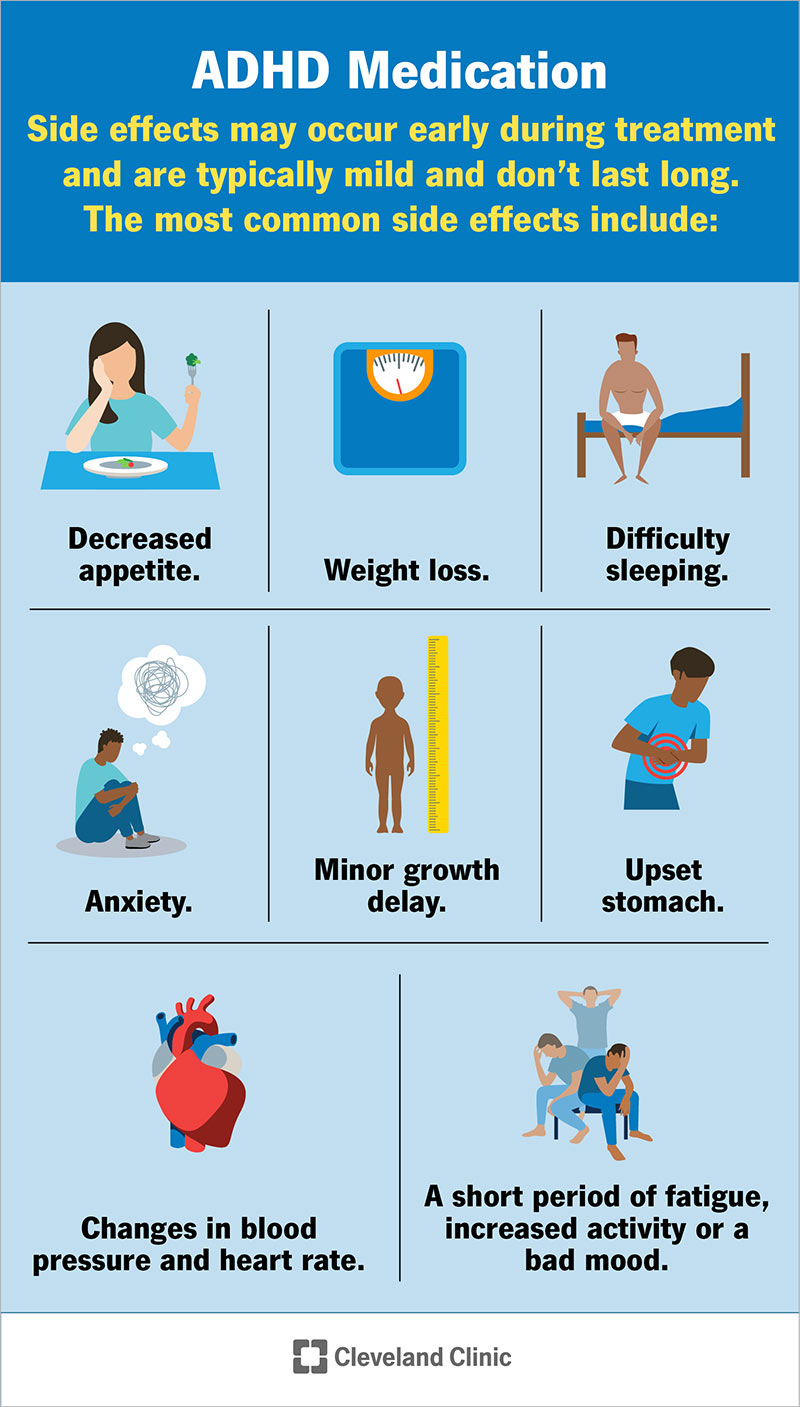The Advantages of Tailored ADHD Therapy Prepare For Better Outcomes
The execution of personalized ADHD therapy strategies has arised as an essential approach in enhancing restorative results for individuals affected by this condition (ADHD treatment). By identifying the special indications of ADHD in each individual, these customized treatments advertise greater involvement and inspiration, ultimately leading to more effective coping techniques.
Understanding ADHD Irregularity
Although Attention-Deficit/Hyperactivity Disorder (ADHD) is usually perceived as a particular condition, its manifestations can vary substantially among people. This variability is influenced by a variety of aspects, consisting of age, sex, existing side-by-side problems, and ecological contexts. Youngsters with ADHD might exhibit hyperactive habits, while adults may primarily struggle with interest deficiencies. Sex distinctions also contribute, as males are more frequently identified with ADHD and typically present much more obvious signs and symptoms, whereas women may provide with less obvious inattentiveness.
Moreover, people with ADHD might experience a spectrum of emotional and behavioral challenges, such as anxiousness or opposite defiance, that can complicate medical diagnosis and treatment. It is additionally worth noting that ADHD can offer in a different way throughout various social contexts, affecting just how signs are recognized and addressed.
Secret Parts of Customization
Personalized ADHD treatment plans are grounded in a number of crucial elements that guarantee reliable management of the problem. A detailed assessment is important, entailing standard ranking scales, interviews, and behavioral observations. This comprehensive examination allows medical professionals to comprehend the person's distinct symptoms, toughness, and obstacles.
Second, the involvement of several stakeholders, including moms and dads, educators, and the individual, adds to an alternative view of the person's demands. Collaboration cultivates a supportive setting that can adapt to the person's context and lifestyle.
Third, therapy strategies must be flexible and adaptable, permitting adjustments based upon recurring responses and the person's developing demands. This flexibility enables the combination of various restorative strategies, such as behavior treatments, psychoeducation, and medicine management.
Furthermore, social and contextual factors need to be considered. Acknowledging the individual's background, worths, and choices makes certain that the therapy is relevant and respectful.
Finally, regular follow-ups and evaluations are necessary to keep an eye on progression and make required adjustments. By concentrating on these vital components, individualized ADHD therapy plans can significantly improve the performance of interventions, causing improved outcomes for individuals with ADHD.
Enhanced Interaction and Motivation
To effectively promote boosted engagement and inspiration in individuals with ADHD, it is vital to integrate approaches that resonate with their interests and staminas. Customized therapy plans that straighten with an individual's passions can result in boosted engagement in healing activities, fostering a feeling of possession and excitement over here for the process.
Making use of interactive and innovative techniques can also substantially enhance motivation. Integrating gamification components or real-world applications of abilities can make jobs extra attractive and appropriate. This not only catches focus however also reinforces finding out via satisfying experiences.
Furthermore, establishing attainable and meaningful goals tailored to the individual can bolster motivation. When people see their progress towards directly considerable purposes, they are more probable to continue to be involved. Normal feedback and recognition of accomplishments can additionally endure motivation, producing a favorable feedback loop that urges ongoing effort.
Last but not least, fostering a supportive setting where people feel understood and valued can substantially affect their involvement degrees. When therapy plans are created collaboratively, incorporating input from the person, they are much more helpful hints more likely to really feel purchased their trip, ultimately bring about improved results in taking care of ADHD.
Improved Coping Methods
Establishing improved coping approaches is crucial for people with ADHD, as it furnishes them with effective tools to navigate day-to-day obstacles. An individualized therapy plan permits the identification of particular coping devices tailored to the individual's special requirements and conditions - ADHD treatment. Methods such as mindfulness, time monitoring skills, and business methods can be incorporated into everyday routines, promoting a sense of control and minimizing stress and anxiety
Mindfulness techniques, including meditation and deep-breathing exercises, help people with ADHD concentrate their interest and control their feelings. Time management methods, such as utilizing timers or damaging jobs right into smaller sized, manageable actions, can minimize feelings of overwhelm. Furthermore, organizational devices like planners and lists can boost effectiveness and liability.
Lasting Favorable Outcomes
Executing personalized ADHD therapy strategies can result in considerable long-lasting favorable outcomes for people. These tailored a knockout post approaches, which take into consideration one-of-a-kind signs, choices, and life scenarios, help with extra effective management of ADHD symptoms in time. By concentrating on the details demands of the individual, these strategies improve adherence to therapy methods and foster greater interaction in healing activities.

Additionally, personalized treatment plans can substantially decrease the danger of comorbid problems, such as anxiety and clinical depression, which are frequently connected with ADHD. Early intervention and consistent assistance aid individuals develop durability and coping methods, promoting total mental wellness.
Ultimately, the long-term favorable outcomes of tailored ADHD therapy intends not only improve the high quality of life for individuals however also contribute to their general well-being and success in numerous life domains. This holistic method underscores the importance of personalized treatment in managing ADHD effectively.
Conclusion
